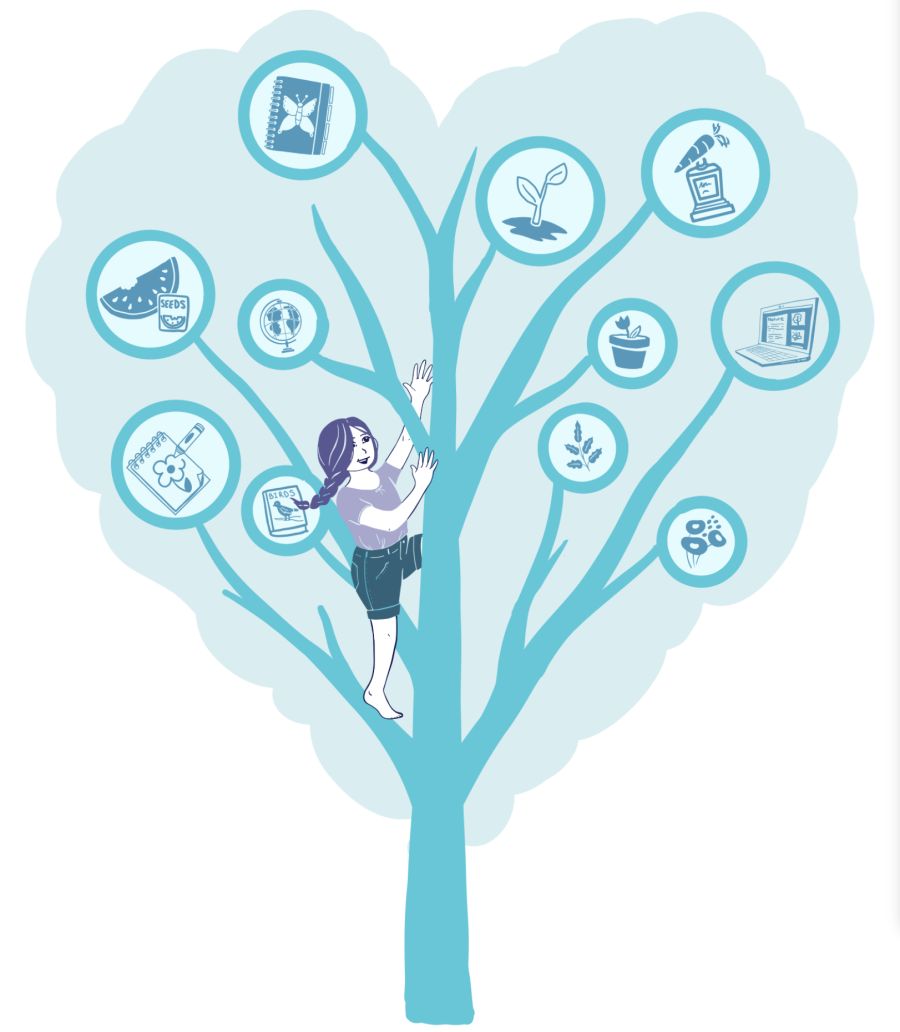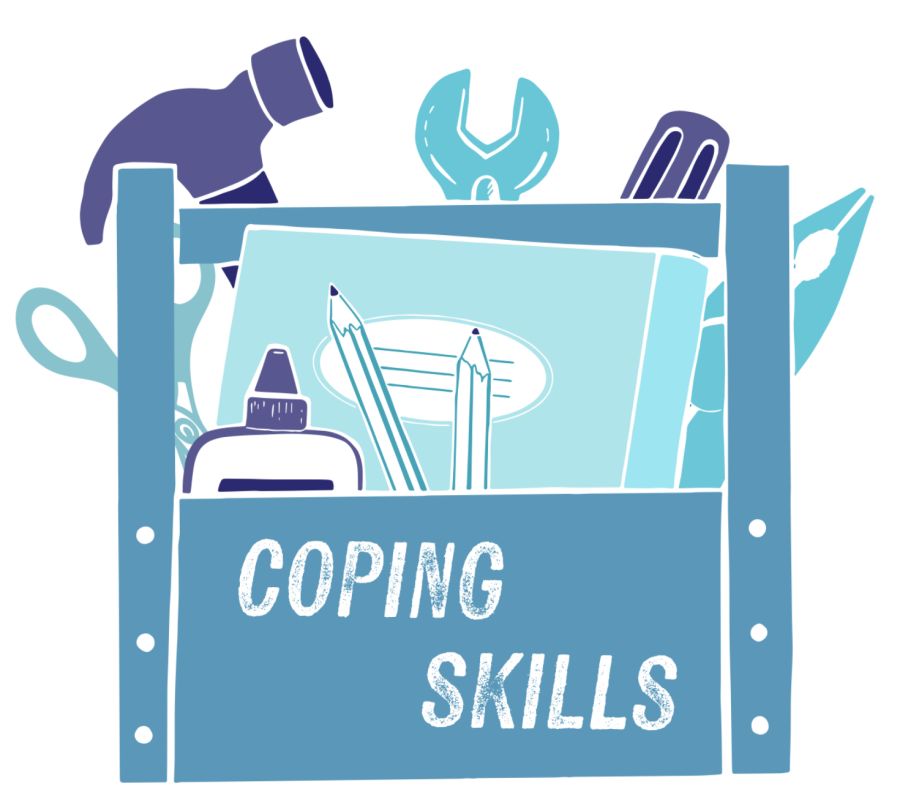Healthier, Happier, Smarter Kids!
Healthier, Happier, Smarter Kids!
What’s the best plan for our ADD kids this summer? For children who are frustrated with reading problems and other learning issues? A wonderful outdoors beckons!
Recently, Bill Brooks, a friend in the Lost Pines Master Naturalists, sent an email, quoting:
"A child today is 6 times more likely to play a video game than ride a bike,"
(from "A Special Report on Youth" The Outdoor Foundation, 2010 and Kaiser Family Foundation).
He added this: "Today's children may be the first generation at risk of having a shorter lifespan than their parents." Ludwig DS (2007). New England Journal of Medicine, 357(23): 2325-27.
I wrote back my concern, and Bill and I commenced reminiscing about our days as kids in the Texas outdoors:
Ann: "Well and fondly I remember exploring our Corpus Christi neighborhood with siblings and pals, searching out and collecting shoeboxes-ful of 'locust' (cicada) shells or 'chameleons' (anoles). After eating our fill of loquats and grapefruit from backyard trees, we'd cross Ocean Drive (forbidden) and climb down to the water to find hermit crabs and other treasures. We frequently came home with 'beads' of dirt around our necks from all that good, healthy play. How blessed we were to be safe while exploring!"
Bill: "Sounds wonderful and quite familiar. I grew up inside Loop 410 in San Antonio. My mom would tell the kids, "Get outside and play. Come back when it's time to eat." We had the donkey field, the lizard lot, and I mapped "my" part of Olmos Creek. I learned about the small animals of Texas by catching them, bringing them home, and providing for them until they escaped. I still have rock & shell collections, and my nature notebooks from the mid-sixties."
Will the kids of this current generation reminisce fondly about the days on the couch playing video games? If we will get them outdoors and moving, they can enjoy life with physically fit bodies and the resulting energy and sense of well-being.
From Texas Children in Nature:
…children who play and learn in nature are:
- Healthier. Active nature play improves physical conditioning and has a positive effect on emotional well-being and child development. Outdoor play has been linked to reduced risk of myopia and vitamin D deficiency.
- Happier. Nature play increases self esteem and reduces stress. Children learn self-discipline and are more cooperative with others. Children feel more capable, confident and connected to nature.
- Smarter. Nature play stimulates creativity and improves problem solving. Schools using environmental themes report improved academic performance. And, children who play in nature are more likely to become tomorrow’s conservation leaders.
Summer is on us! Even in Texas, mornings and evenings are usually pleasant enough to play outside, looking for bugs or frogs, swimming, climbing trees, playing chase or hide-and-seek, building forts, even chalking up the sidewalk with drawings. (One very hot day, I actually tried to fry an egg on the sidewalk in Corpus Christi.)
Let the technology toys and the televisions rest! Let's have an active summer, playing in and exploring the interesting world outdoors. Let’s move!
Bill Brooks is a Bastrop-area herpetologist and a founding member of the Horned Lizard Conservation Society. He is also naturalist at McKinney Roughs Nature Park.
Related Articles That Might
Interest You

Neurodivergent Special Interest

Coping Skill( CBT techniques and DBT techniques)
